Suspicious Transactions Plummet at BC Casinos Following Crackdown
Posted on: March 28, 2018, 04:00h.
Last updated on: March 28, 2018, 01:33h.
Suspicious cash transactions at British Columbia’s casinos have dropped significantly in the wake of tighter controls implemented by the provincial government in January.
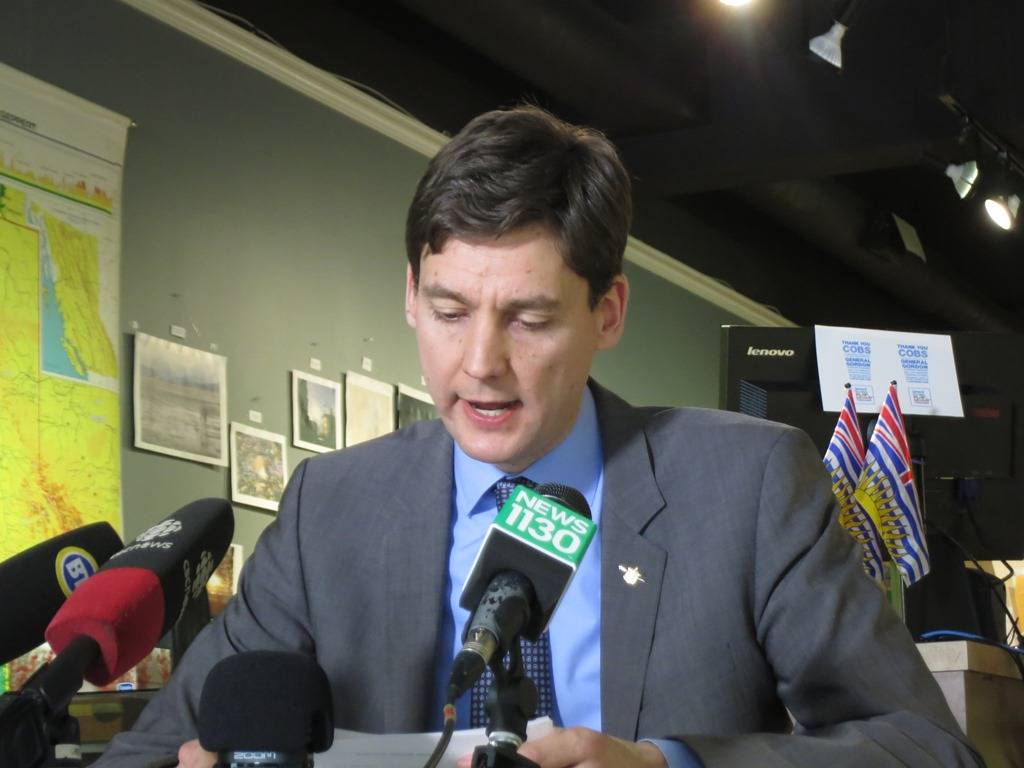
That’s according to BC Attorney General David Eby, who told a federal committee on Tuesday that suspicious transactions to BC casinos had fallen to CA$200,000 in February from a peak of CA$20 million in July 2015.
The province’s casinos had become a hotbed of anti-money laundering violations, with Richmond’s River Rock Casino singled out as having “fostered a culture accepting of large bulk cash transactions” without enquiring about the source. The casino was found to have accepted CA$13.5 million in CA$20 bills in July 2015,
Meanwhile, police said a series of nocturnal cash drop-offs in the casino’s parking lot pointed to an illegal underground banking network, with links to drugs and terrorist financing, which was suspected of lending money to the casino’s Chinese high rollers.
‘Sheep in Wolf’s Clothing’
Eby made it his mission to clean up the casino sector after learning that the previous provincial government had apparently suppressed a report exposing its widespread AML failures through fear of losing revenue.
In January, the BC government announced new regulations that required casino patrons spending CA$10,000 or more within a 24-hour period to provide evidence proving the source of the money – and it seems to be working. Eby told a federal finance committee in Ottawa that the measures had reduced suspicious transactions “by a factor of 100.”
Eby asked for more help from the federal government in the fight against money laundering, adding that British Columbia had “increasing lack of confidence” in government enforcement of AML laws. While the new measures for the casino sector had achieved results, the dirty money had probably just moved elsewhere, he said.
“An anti-money laundering system that rigorously enforces compliance with reporting, but then has inadequate action on those reports, puts a sheep mask on a wolf’s face,” he said.
Drastic Measures
A proposal to restrict table game “buy-ins” to no more than CA$10,000, essentially banning high-stakes play would cost the sector up to CA$88 million per year, according to a recent BC Lottery Corp report.
While it may be a drastic measure, Eby is determined to restore the province’s reputation, which he said had become “notorious” internationally for money laundering.
“How do we make sure that our province gets its reputation back internationally as being the leading jurisdiction in combating this activity rather than, unfortunately, as the case is now, as having our own unique model of money laundering?” Eby asked in a Globe and Mail interview last month.
“I really want us to get back our international reputation as a place of integrity and I think we can get there – but it will be a process to get there.”
Related News Articles
Most Popular
Jackpot News Roundup: Two Major Holiday Wins at California’s Sky River Casino
Oakland A’s Prez Resigns, Raising Questions About Las Vegas Move
MGM Osaka to Begin Construction on Main Resort Structure in April 2025
Most Commented
-
UPDATE: Whiskey Pete’s Casino Near Las Vegas Closes
— December 20, 2024 — 33 Comments -
Zillow: Town Outside Las Vegas Named the Most Popular Retirement City in 2024
— December 26, 2024 — 31 Comments -
Oakland A’s Prez Resigns, Raising Questions About Las Vegas Move
— December 27, 2024 — 9 Comments -
Caesars Virginia in Danville Now Accepting Hotel Room Reservations
— November 27, 2024 — 9 Comments

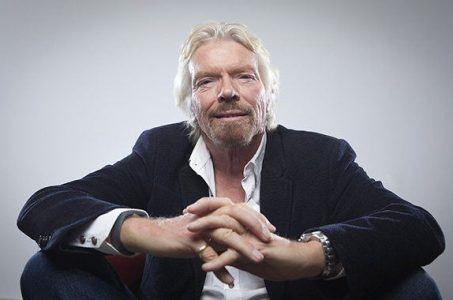
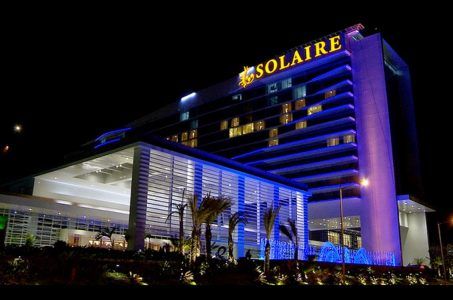
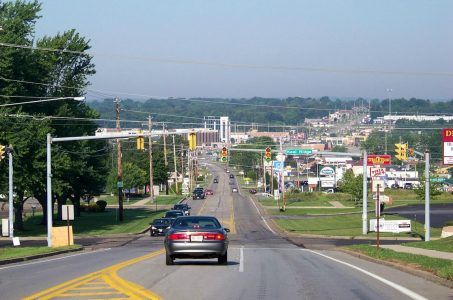










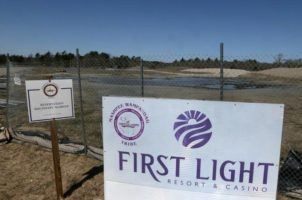

No comments yet